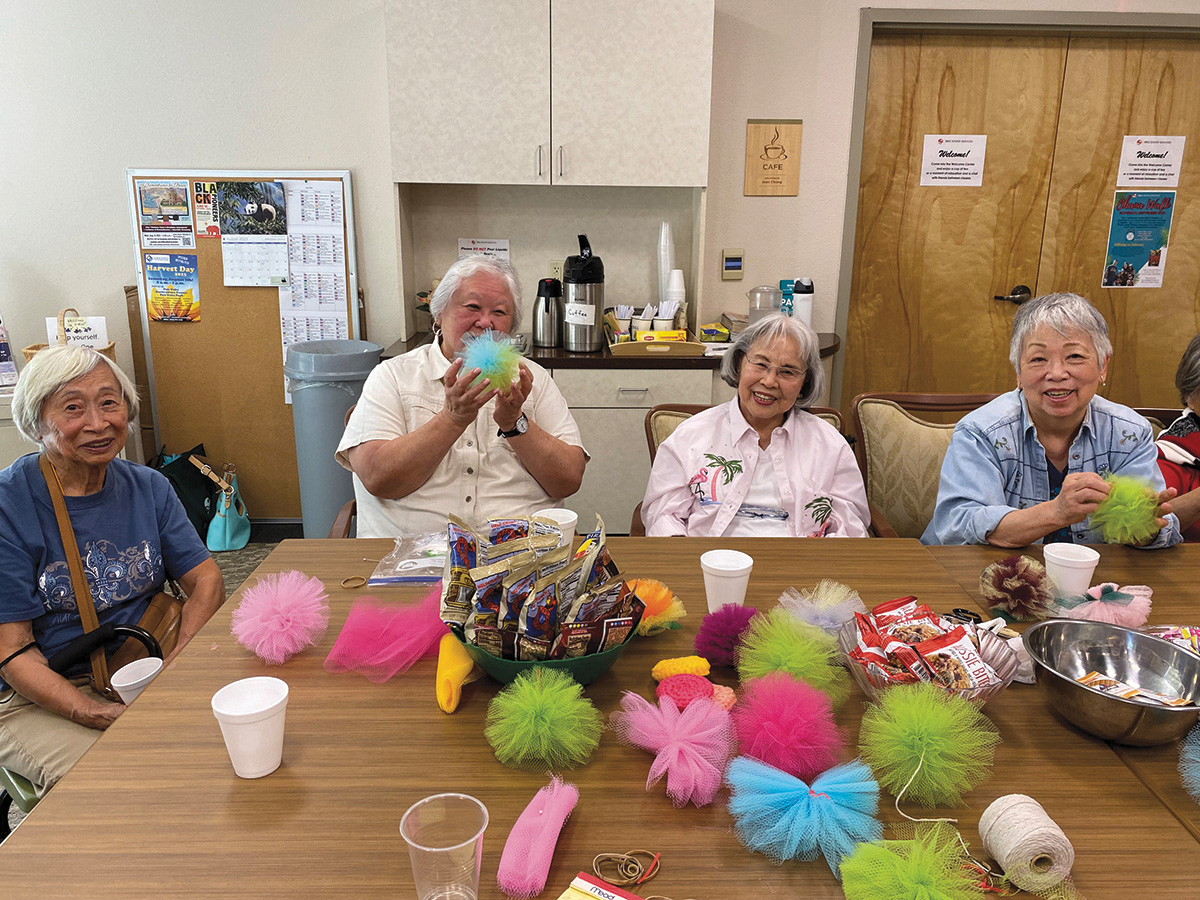Health care is something talked about all the time, usually in the context of disease, illness, or injury. Social care refers to addressing people’s non-medical needs that have consequences on health. It may seem like a lower priority for many people because, if you are in pain, you’re going to see a doctor about it. But what some people may not realize is the effect that social conditions like access to food, housing, education, reliable transportation, and social connectedness have on our overall health.
Let’s take social connectedness as an example. A report from the National Academies of Sciences, Engineering, and Medicine (NASEM) says nearly ¼ of adults over 65 years of age are socially isolated. The study also reported that poor social relationships were associated with a 29% increased risk of heart disease and a 32% increased risk of stroke. The National Institute on Aging says social isolation can also lead to a weakened immune system, hospitalization, and even death. On top of having physical ailments, loneliness and isolation can lead to depression, anxiety and suicide.
The study also reports that people who engage in meaningful activities tend to live longer, and have improved cognitive function.
Millie’s experience exemplifies the importance of social care. Millie came to ACC earlier this year seeking programs to get her back on track. She had recently retired and had knee replacement surgery. In the past, all of Millie’s socializing came from work. With the sudden changes in her life, she started to feel depressed and knew she needed help. Mentally and physically, she was not functioning as well as she wanted to. Her brother introduced her to ACC, and that’s when things really changed for her.
Millie started to take Standing Pilates and joined the Ageless Wellness class at ACC. This helped her meet and get to know people. The exercise classes made her stronger, and the good social interaction gave her emotional help as well. Millie felt more community; she has gotten to know lots of new people at Social Hour who have become her friends. She says, “I’ve gotten to meet people here, everyone is so nice… I really appreciate being introduced to ACC. With the variety of classes and programs and the wonderful staff and participants, it has changed my life!”
It is no wonder that health care providers, health plans, and government agencies like the Centers for Medicare and Medicaid Services are interested in integrating social care into health care delivery as a way to improve health outcomes and lower costs.

Social Hour is one of many activities that gets people out of the house. Marie, Millie, Ruby, and Wanda learn how to make scrubbers.
Integrating health care and social care is challenging. Historically, the two sectors don’t work together because they have different funding, data systems, and operational scale. This is a new frontier requiring research, new technologies, modes of communication, development of a cross-sector workforce and systems to pay for them. ACC is doing our part by talking to health plans and providers and exploring pilot ideas like Alignment Health-sponsored field trips. We’re also partnering with other community-based organizations (CBOs) to increase our capacity to develop staff and resources, scale up our programs and reach a broader geographic community.
Agency on Aging Area 4 (AAA4) is one such long standing partner. AAA4 has a 50-year history of contracting with CBOs like ACC to help older adults age in place in their homes and communities. Last year, AAA4 was selected to participate in the Community Care Hub National Learning Community. According to Will Tift, AAA4 Assistant Director, a Community Care Hub is an organization that acts as an intermediary between health care payors, such as health plans, and CBOs that wish to contract with one another. Many CBOs don’t have the data and financial infrastructure to work with health care payors. Community Care Hubs act as umbrella organizations that can provide that.
For example, last year AAA4 applied for funds to develop an IT system that would allow them to contract with CalAim to provide Nursing Facility Transition to Home services to MediCal members. Hospital Transition to Home is another contracted service AAA4 is interested in. Says Tift, “The Long-Term Care network is notoriously complex and fragmented, especially in California. Yet every day, individuals and families are expected to navigate that system when they are least capable of doing so – upon discharge from the hospital. In my opinion, CBOs and health care organizations need to come together to make these care transitions less harmful and less costly for everyone involved.”
ACC is also interested in developing our staff to provide these transition services in partnership with AAA4 and other CBOs like Resources for Independent Living. By helping people with services like accessing healthy meals, installing home modifications like ramps and bars, getting transportation to their medical appointments and personal errands, and connecting to social activities for fun and meaningful relationships, we can provide essential social care programs to health plan members. By integrating social care into their health care benefits, we can help people live healthier lives at home, in their communities.


Add a Comment